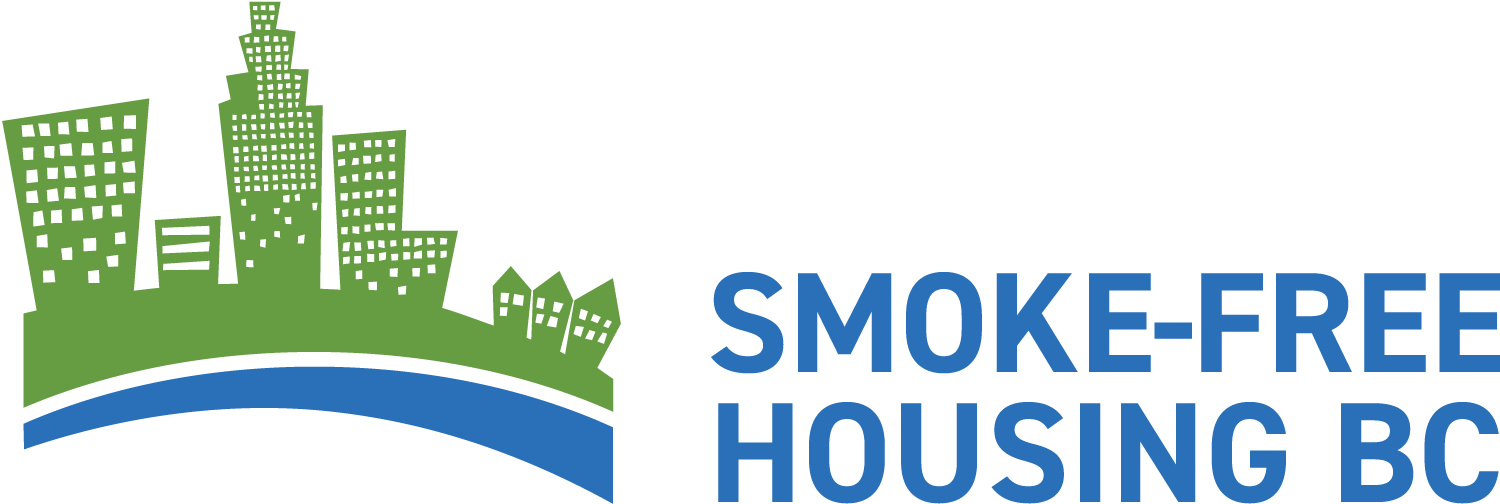SMOKE-FREE HOUSING BC
SMOKE-FREE HOUSING BC
Experiencing second-hand smoke in your multi-unit complex?
Feeling helpless or frustrated?
You are not alone.
While the majority of Canadians do not smoke and are already restricting smoking in their own homes, we hear from countless residents living in apartments and condos who are suffering from unwanted smoke infiltrating their homes from neighbouring units on a daily basis. It’s making them sick and exacerbating pre-existing conditions. With close to half of BC households living in multi-unit housing, securing a smoke-free home should not be a luxury afforded to only those who live in detached homes.
We provide tailored tools and resources for landlords, strata corporations and residents to help address the serious problem of exposure to second-hand smoke and to help increase the availability of smoke-free multi-unit housing in BC. Everyone deserves a healthy, safe and smoke-free place to live.
Feeling helpless or frustrated? You are not alone.
While the majority of Canadians do not smoke and are already restricting smoking in their own homes, we hear from countless residents living in apartments and condos who are suffering from unwanted smoke infiltrating their homes from neighbouring units on a daily basis. It’s making them sick and exacerbating pre-existing conditions. With close to half of BC households living in multi-unit housing, securing a smoke-free home should not be a luxury afforded to only those who live in detached homes.
We provide tailored tools and resources for landlords, strata corporations and residents to help address the serious problem of exposure to second-hand smoke and to help increase the availability of smoke-free multi-unit housing in BC. Everyone deserves a healthy, safe and smoke-free place to live.
Why Smoke-Free Housing ?
Everybody wins
Going smoke-free protects health, saves money, reduces complaints and is supported by a majority of British Columbians
who want and need to live in smoke-free multi-unit housing.
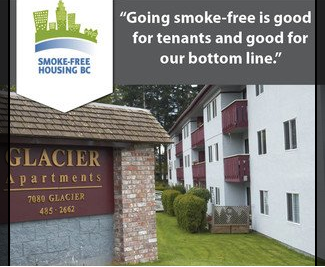

100% Legal & enforceable
Smoke-free policies are legal, enforceable and easy to implement. Landlords and Strata Corporations have the legal right to ban smoking inside units and on outside balconies and the entire property to protect the health and safety of residents and protect their property.
Smoking is a public health issue, and smoke-free policies are not discriminatory because they do not prohibit anyone from renting or owning a home. They merely set rules for activities permitted on the property. more

100% Legal and Enforceable
Smoke-free policies are legal, enforceable and easy to implement. Landlords and Strata Corporations have the legal right to ban smoking inside units and on outside balconies and the entire property to protect the health and safety of residents and protect their property.
Smoking is a public health issue, and smoke-free policies are not discriminatory because they do not prohibit anyone from renting or owning a home. They merely set rules for activities permitted on the property. more
Reduces liability
Stratas have been ordered to pay costs at BC Human Rights and Civil Resolution Tribunals for failing to deal with second-hand smoke complaints. See Bowker & Leary decisions: $7500 damages awarded to owners suffering from smoke.
Landlords and Strata Corporations have a duty to accommodate any resident who has a disability that is adversely affected by second-hand smoke.
more

Reduces Liability
Stratas have been ordered to pay costs at BC Human Rights and Civil Resolution Tribunals for failing to deal with second-hand smoke complaints. In the Bowker & Leary decision, $7500 in damages was awarded to owners suffering from smoke.
Landlords and strata corporations have a duty to accommodate any resident who has a disability adversely affected by second-hand smoke.
more

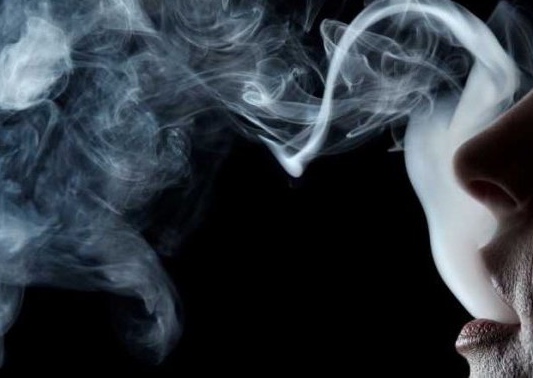
Second-hand smoke cannot be contained
Over 50% of people living in multi-unit housing in BC have experienced second-hand smoke entering their homes from neighbouring units and balconies.
Up to 65% of the air in a unit can come from other units in the building. Smoke travels to neighbouring homes through light fixtures, electrical outlets, plumbing fixtures, shared ventilation systems and balconies.
more
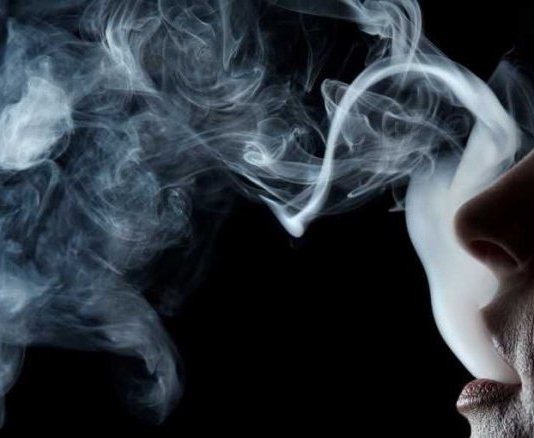
Second-Hand Smoke
Cannot be Contained
Over 50% of people living in multi-unit housing in BC have experienced second-hand smoke entering their homes from neighbouring units and balconies.
Up to 65% of the air in a unit can come from other units in the building. Smoke travels to neighbouring homes through light fixtures, electrical outlets, plumbing fixtures, shared ventilation systems and balconies.
more
Second-hand smoke is hazardous
Exposure to second-hand smoke is more than an inconvenience. Non-smokers exposed to second-hand smoke have an increased risk of lung cancer, heart disease and respiratory illnesses.
Even breathing smoke for a short amount of time can be dangerous. Infants and children exposed to second-hand smoke have a higher risk of developing severe acute and chronic respiratory illnesses.
more

Second-Hand Smoke is Hazardous
Exposure to second-hand smoke is more than an inconvenience. Non-smokers exposed to second-hand smoke have an increased risk of lung cancer, heart disease and respiratory illnesses.
Even breathing smoke for a short amount of time can be dangerous. Infants and children exposed to second-hand smoke have a higher risk of developing severe acute and chronic respiratory illnesses.
more


Strong public demand
The vast majority of BC residents living in multi-unit housing would prefer to live in a 100% smoke-free home. With 50% of BC households living in multi-unit housing, securing a smoke-free home should not be a luxury afforded to only those who live in single, detached homes.
Living smoke-free should be a basic health protection afforded every British Columbian.
more

Strong Public Demand
The vast majority of BC residents living in multi-unit housing would prefer to live in a 100% smoke-free home. With 50% of BC households living in multi-unit housing, securing a smoke-free home should not be a luxury afforded to only those who live in single, detached homes.
Living smoke-free should be a basic health protection afforded every British Columbian.
more
Increased Marketability
A survey of 200 BC REALTORS® found that the smell of smoke can lower the resale value AND make it more difficult to sell.
76% of BC REALTORS® say that most prospective buyers are less likely or unwilling to buy smokers’ homes. more
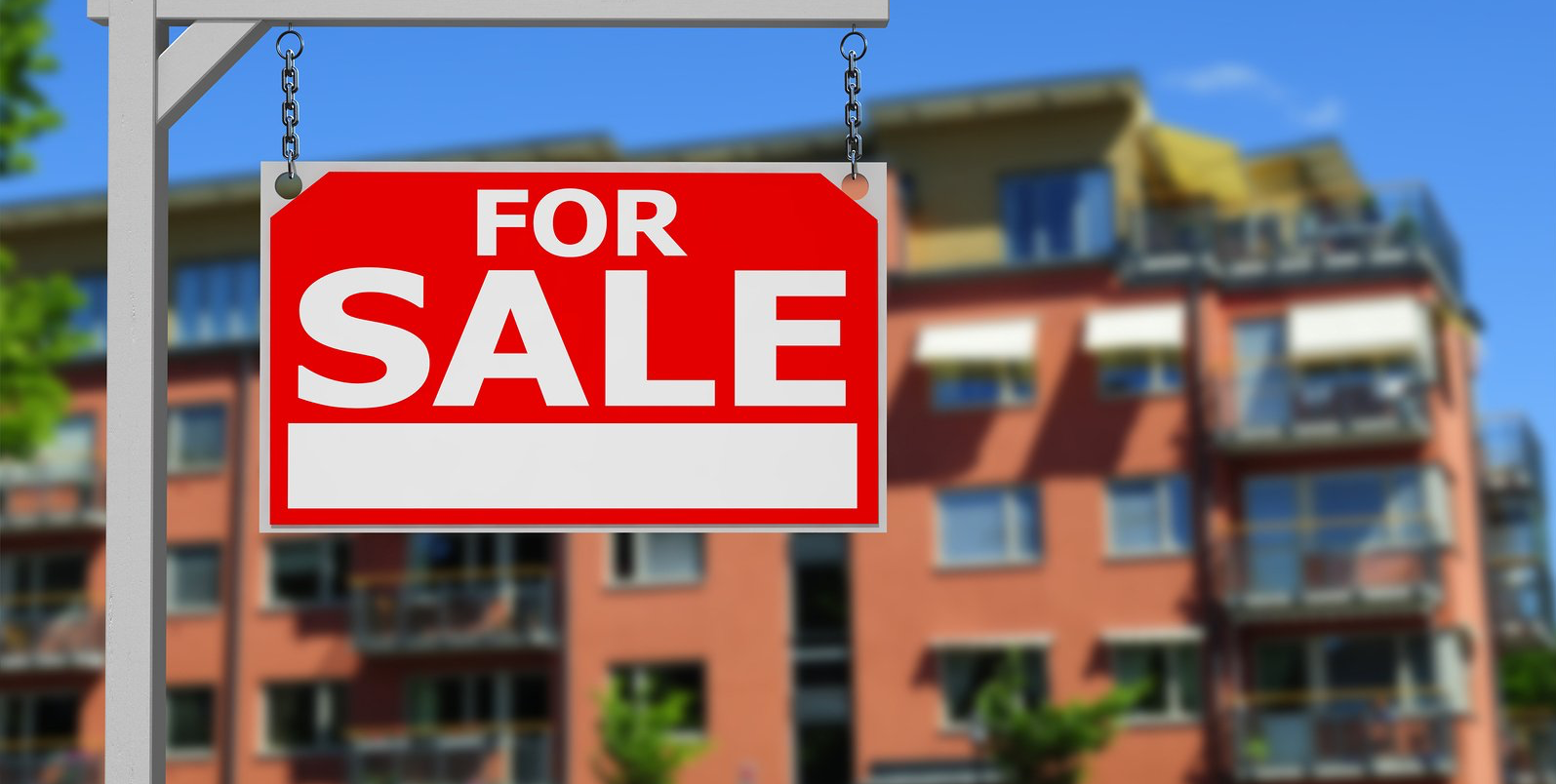
Increased Marketability
A survey of 200 BC REALTORS® found that the smell of smoke can lower the resale value AND make it more difficult to sell.
76% of BC REALTORS® say that most prospective buyers are less likely or unwilling to buy smokers’ homes. more
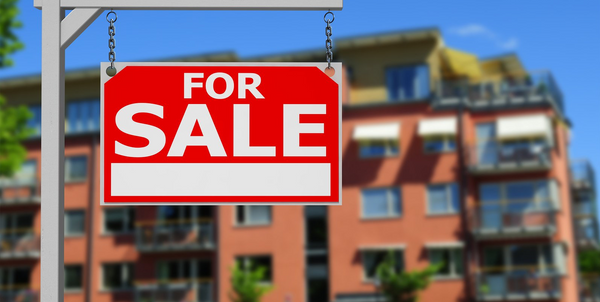

Helps smokers quit
The vast majority of smokers want to quit, and many of them don’t want smoke in their homes.
While smoke-free housing policies focus on reducing the harmful effects of tobacco smoke on people who do not smoke, there is evidence that smoke-free policies also make it easier for people who smoke to quit. It's win win.
more
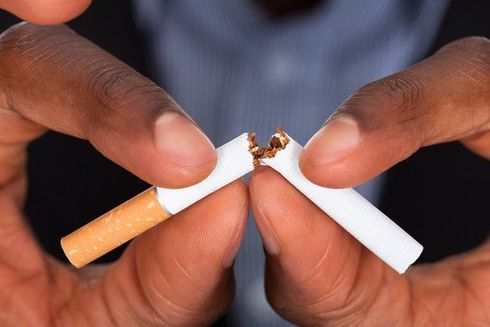
Helps Smokers Quit
The vast majority of smokers want to quit, and many of them don’t want smoke in their homes.
While smoke-free housing policies focus on reducing the harmful effects of tobacco smoke on people who do not smoke, there is evidence that smoke-free policies also make it easier for people who smoke to quit. It's win win.
more
100% Legal & enforceable
Smoke-free policies are legal, enforceable and easy to implement. Landlords and Strata Corporations have the legal right to ban smoking to protect the health and safety of residents and protect their property.
Smoke-free policies can ban smoking inside units, on outside balconies and the entire property. more
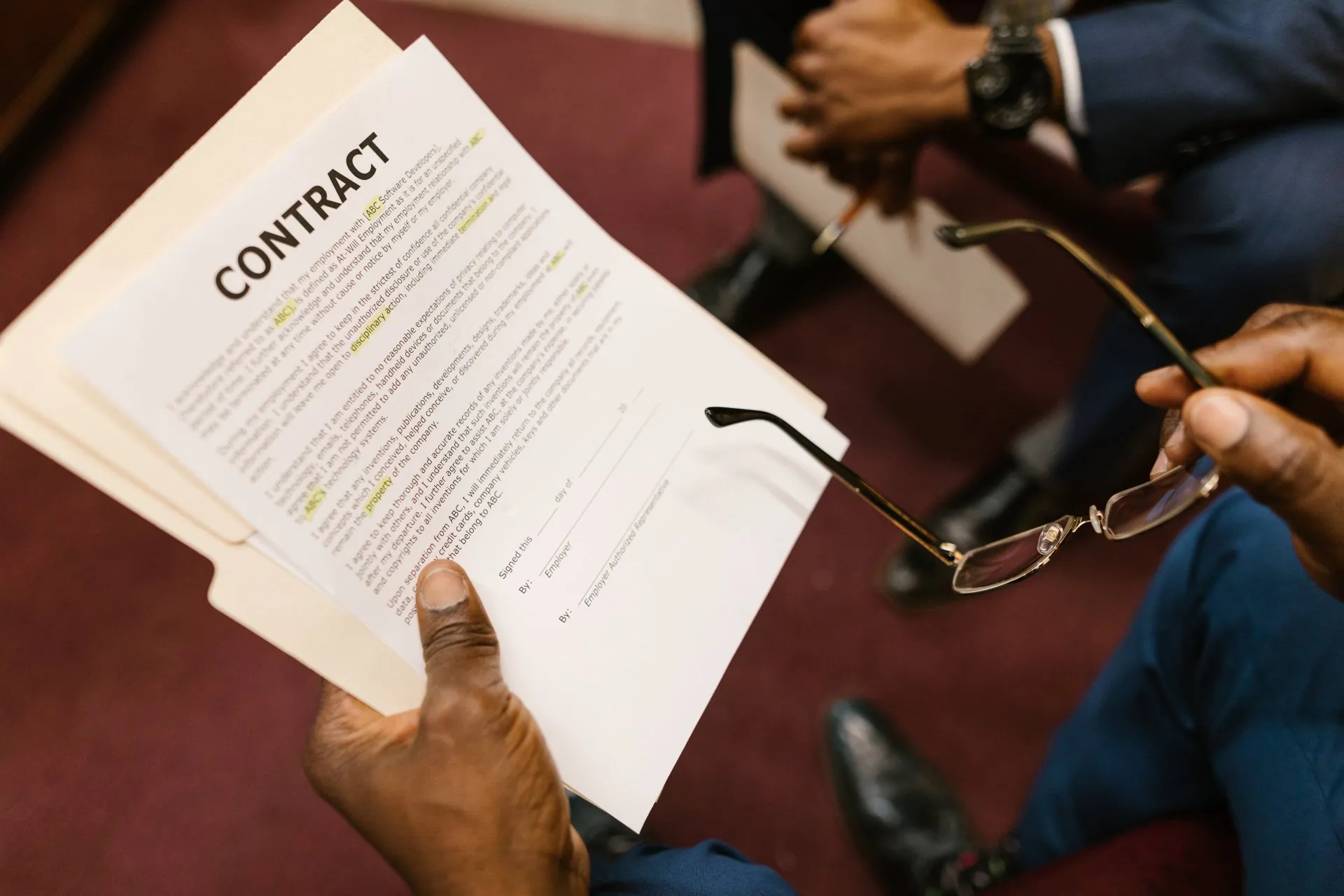
Reduces liability
Stratas have been ordered to pay costs at BC Human Rights and Civil Resolution Tribunals for failing to deal with second-hand smoke complaints. See Bowker & Leary decisions: $7500 damages awarded to owners suffering from smoke.
Landlords and Strata Corporations have a duty to accommodate any resident who has a disability that is adversely affected by second-hand smoke.
more
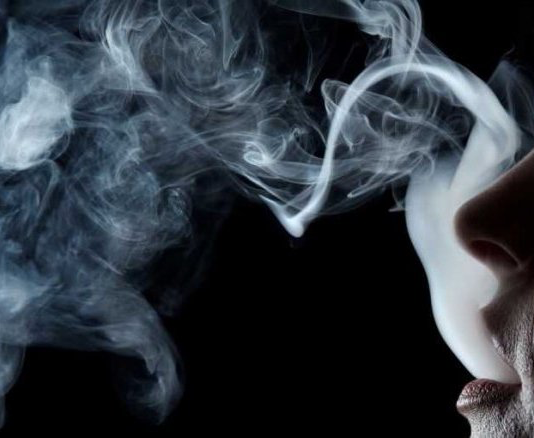
Second-hand smoke
cannot be contained
Over 50% of people living in multi-unit housing in BC have experienced second-hand smoke entering their homes from neighbouring units and balconies.
Up to 65% of the air in a unit can come from other units in the building. Smoke travels to neighbouring homes through light fixtures, electrical outlets, plumbing fixtures, shared ventilation systems and balconies.
more

Second-hand smoke is hazardous
Exposure to second-hand smoke is more than an inconvenience. Non-smokers exposed to second-hand smoke have an increased risk of lung cancer, heart disease and respiratory illnesses.
Even breathing smoke for a short amount of time can be dangerous. Infants and children exposed to second-hand smoke have a higher risk of developing severe acute and chronic respiratory illnesses.
more

Strong public demand
The vast majority of BC residents living in multi-unit housing would prefer to live in a 100% smoke-free home. With 50% of BC households living in multi-unit housing, securing a smoke-free home should not be a luxury afforded to only those who live in single, detached homes.
Living smoke-free should be a basic health protection afforded every British Columbian.
more

Increased Marketability
A survey of 200 BC REALTORS® found that the smell of smoke can lower the resale value AND make it more difficult to sell.
76% of BC REALTORS® say that most prospective buyers are less likely or unwilling to buy smokers’ homes.
more

Helps smokers quit
The vast majority of smokers want to quit, and many of them don’t want smoke in their homes.
While smoke-free housing policies focus on reducing the harmful effects of tobacco smoke on people who do not smoke, there is evidence that smoke-free policies also make it easier for people who smoke to quit. It's win win.
more
Feeling helpless or frustrated? We're here to help.
Tailored resources for residents, landlords and strata corporations
